all-vocal woodland gig
01/11/13
This was the perfect way to end this year's season of woodland gigs. Since May we've had chamber folk minimalism, progressive funk maximalism, dark jazz folk, Greek-Venezuelan-Balkan-gypsy fusion, free improvisation, raunchy 20's blues, medaevil and Elizabethan psychedelia, poetry, gentle analogue electronica, ragas, and spacey modal guitar jams. I decided that to round things out for Samhain we'd have a night of just unaccompanied singing — a celebration of the human voice. At a practical level, this meant less fuss with moving instruments and gear about, setting things up, things going out of tune in the cold or in the heat of the fire, cold fingers struggling on fretboards, etc. But, more importantly, singing around a fire is at the root of all human-sourced music, so in that sense we'd be closer to our ancestors (the focus of Samhain).
Will from Cocos Lovers was keen to get the Smugglers Collective from Deal involved and volunteered to bring a keg of real ale and the means to make mulled cider for a donations-based bar. Local artist and cultural ally Tom Langley lent us an old Scout tent to house this in, which ended up being a godsend — for the first time this year the weather wasn't ideal.
Smugglers-affliated Ladies of the Lake started the evening with a twenty minute set. Nicola couldn't make it, sadly, and was much missed, but Natasha and Jo's harmonies were still a joy to the 120 or so attentive ears present. Most of their songs seem to be tragic ballads (it suits the plaintive nature of their harmonies), but they also sang "Shenandoah" and the comic "My Husband's Got No Courage in Him" before finishing with a wond'rous rendition of "The Blacksmith", a song which like me they'd first heard via Steeleye Span, but never an a cappella version. And I mustn't forget to mention (honorary Lady of the Lake) Phil Self's vocal bassline provided from the audience for one of the ballads (incongruously amusing, considering the miserable subject matter!)
Next it was Sarah Yarwood, who in fact inspired this evening, as our mutual friend Vicky had quietly let me know that she had a magnificent singing voice, having grown up in a Sussex folk-singing family. Sarah's regularly seen at local gigs and festivals, but almost no one seemed to know that she sings or has a folk background. It's not a matter of shyness, rather the lack of appropriate venues in the area. Vicky suggested getting her up to the woods, and she was into it, hence the idea of an all-vocal evening arose.
The rain came in quite heavily after she'd begun her set with a song by Dave Webber (inspired by the woodlands around her family home near Charlwood). Unfortunately this became rather loud on the amphitheatre roof. You could almost feel everyone straining to hear — it was like hearing a singer on a low-volume, badly tuned radio or old wax cylinder recording from 1892. After a couple of songs (one by Maria Cunningham) Dave suggested bringing her forward, so I produced the large umbrella I'd fortunately thought to buy that afternoon, and Sarah moved to the audience's side of the fire, from which point the rain just became a background texture to some glorious vocalising.
Her mum Cathy and dad Charley had come for the occasion (her sister was meant to but couldn't make it...next time), and joined her for Dave Webber's "Lady of Autumn"...at this point I was seated right below mother father and daughter, huddled together under the umbrella producing the richest three part harmonies I've heard in a long time. I've since learned that Cathy and Charley were in a folk group called Beggars Velvet ('85-'93) with Dave Webber and Anni Fentiman. They stuck around for another one before Sarah sang "Silver Dagger" solo. Looking around you could see many of her friends and acquaintances looking very happily surprised to be suddenly discovering what a voice she has. Her parents returned to her side to sing Kipling's poem "Oak and Ash and Thorn" (put to music by Peter Bellamy, as were many of his). Sarah sang "Ware Out, Mother" with a little help from her mum, then an unaccompanied rendition of Ewan MacColl's "The Terror Time". The family trio reassembled to sing "Jewels of the Night", a modern protest song about the proposed expansion of nearby Gatwick Airport, specifically the resulting light pollution (are there any other protest songs about light pollution?). I hope they all return (plus Sarah's sister) next year, and I'm sure the rest of the audience feel the same.

Cathy and Charley singing with Beggars Velvet back in the day
The inclement weather really did add something to the proceedings — the novelty of being warm, dry and comfortable, listening to beautiful singing in the woods on a rainy November night. But there was also the added intimacy resulting from the singers moving in closer from the usual bandshell position over to the small space between audience and fire.
After another short break where people could refill their plates and cups (and exercise their chattering voices) I was about to introduce the third act, the Tarry Trousers (formerly the Smugglers Singers). But they needed no introduction. Rather than facing the audience, they stayed seated among us, and suddenly erupted into song with the first of several sea shanties ("Bound for South Australia"). And rather than asking the audience to join in on the chorus, the audience just joined in anyway, as that was the obvious and natural thing to do. We got "John Kanaka", "Away Santiago", "Blood Red Roses", and a couple of wassailing songs to finish... Brilliant, just the right mood to lift everyone's spirits on a rainy night. And the multiplicity of voices easily drowned out the hammering of the rain on the roof.
I did introduce the the final performer, which allowed me to point out that it would be very hard to find a more appropriate singer for the occasion, as Thomas McCarthy is that most rare of singers in this region of space-time, having learned a vast repertoire of songs, and extremely old and rare style of singing them, directly from his family line (he's from the travelling people of southern Ireland). Many of these songs go right back, I explained, so we were effectively going to be listening to the voices of Thomas's ancestors. Having got to chat with him a bit at Smugglers Festival this year as well as that afternoon, I was aware that he never set out to be public performer. It turns out that he was overheard singing at a cousin's wedding by a member of the catering staff present, and urged to visit Cecil Sharp House (folk music HQ in Britain). One thing led to another, including an alliance with folk innovator Sam Lee, and Thomas has now made it his mission to keep his family's songs alive (his generation were largely uninterested — singing in his community, he told us, died the moment they worked out how to connect a portable TV to a car battery...).
He interspersed his songs with stories, explanations and insights into his culture, leaning casually against the central pole of the amphitheatre structure, his back to the fire, everyone hanging on every word. When I first heard his family's uncanny vibrato style of singing in August, I assumed it was inspired by the sound of the uilleann pipes, but he maintains that the singing style is older, the pipes having been developed to imitate it. His set lasted for almost an hour and a half, but flew by, as we were all transported into a timeless space. Listening back to the recordings, the sound of the rain on the tarpaulin roof over the strawbale seating sounds like the crackles on old vinyl, and with these songs and Thomas's voice, you could easily fool someone into thinking they were early 20th century field recordings!
[Thomas singing on the South Bank a couple of years back]
As with most folk music, the songs were largely about marriage and/or death, many laments for lost loves and fathers trying to marry off their daughters. So that we didn't all "go home crying", Thomas interspersed some comical songs involving ugliness, drunkenness, and the usual Irish absurdity. Not all of the songs were ones passed right down his family line — a particularly moving one was written by his father in West London, lamenting the loss of his travelling life, another ("The Dun Broon Bride" a.k.a. "Fair Eleanor and Lord Thomas" was swapped with another trad singer up in Scotland). Some songs came with a story (the story leading into the song).
He was going to finish with "Over the Mountain" from the North of Ireland, but I asked him to sing "Donal Kenny" as an encore, which he was happy to do. And by then the rain had stopped, so everyone got to arrive in the dry and leave in the dry. Quite a few of us hung around the fire til quite late, Thomas clearly in his element and happy to be out of the city for a while (he's got a teenage son up in West London).
Already looking forward to getting the amphitheatre back up and running in May 2014...
















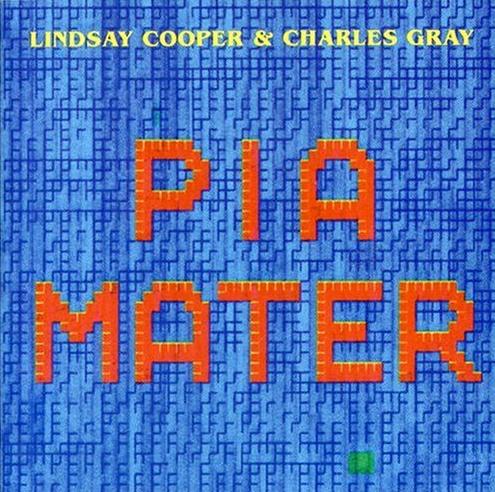
































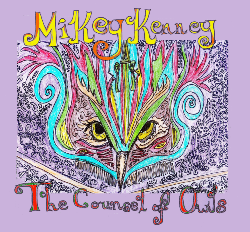



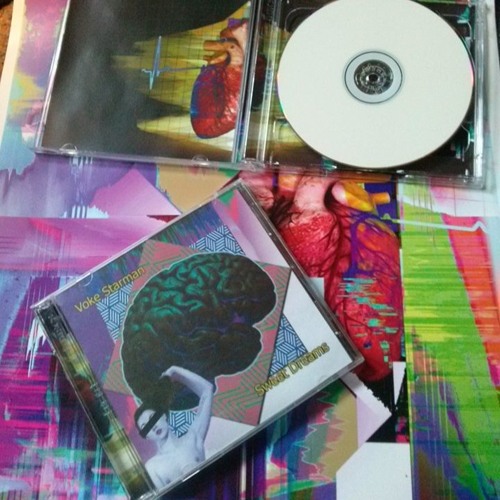



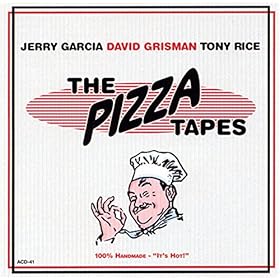

























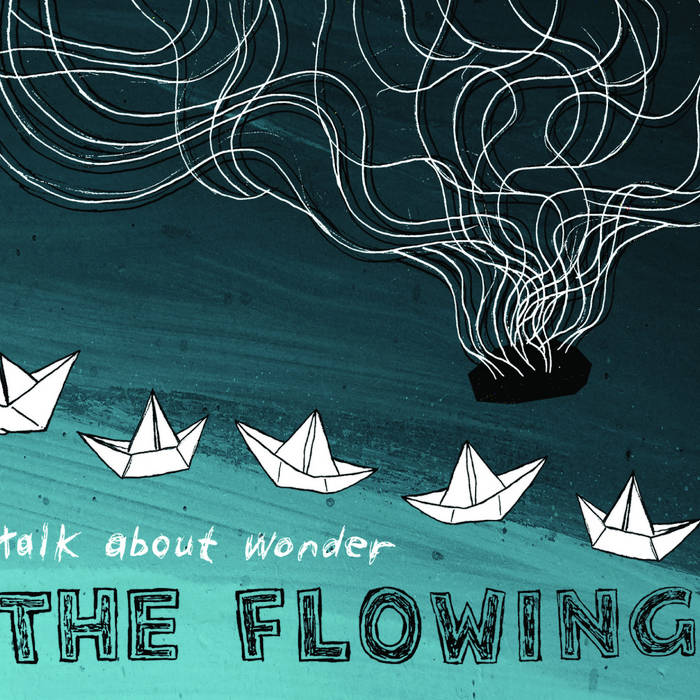












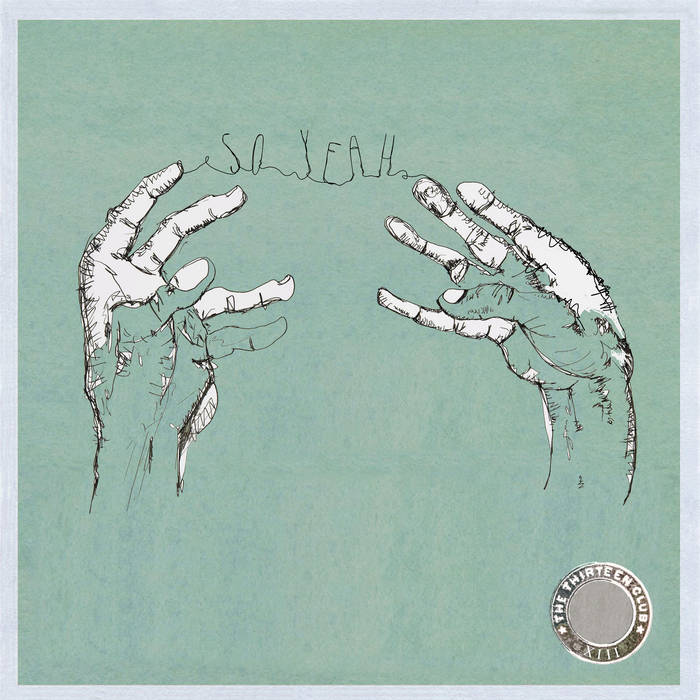







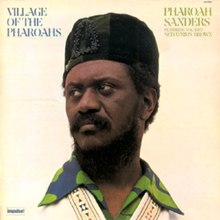







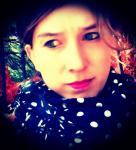



































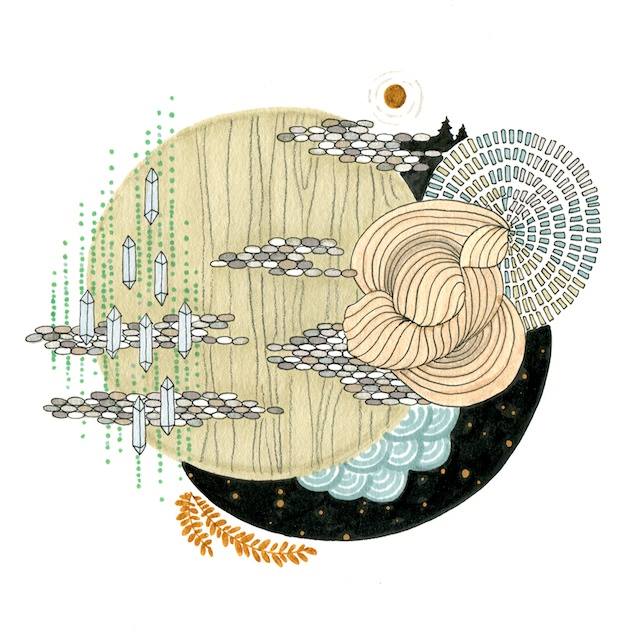





































































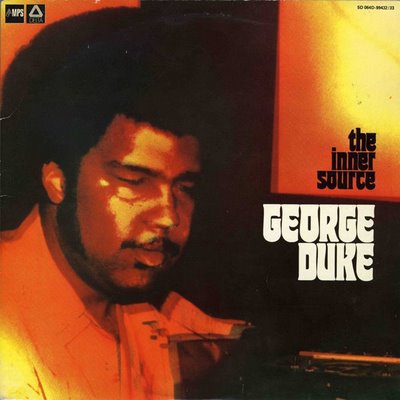












































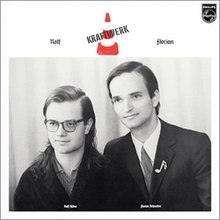


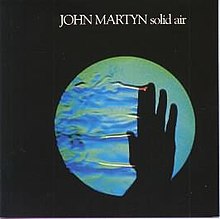




































































































































































































































































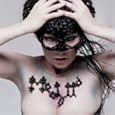














































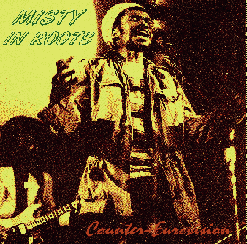





















































































































































































































































































































0 Comments:
Post a Comment
<< Home